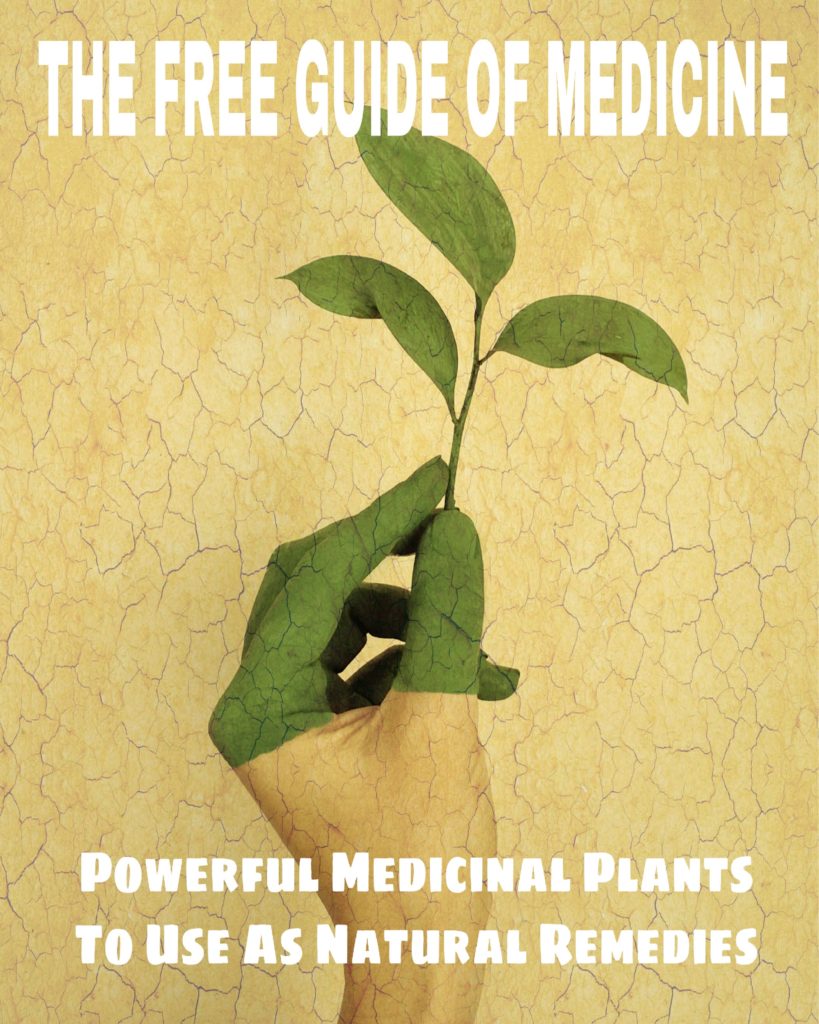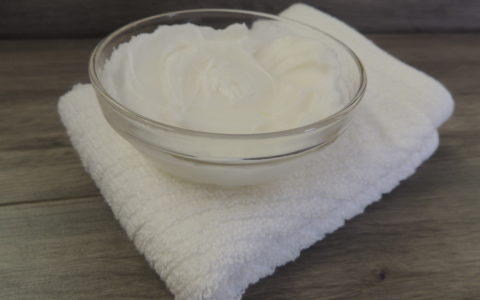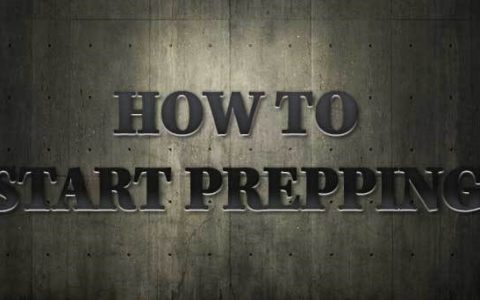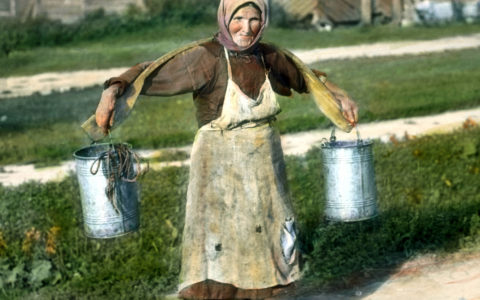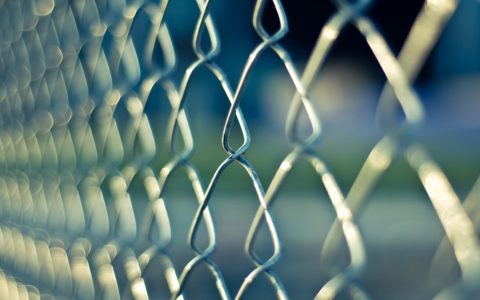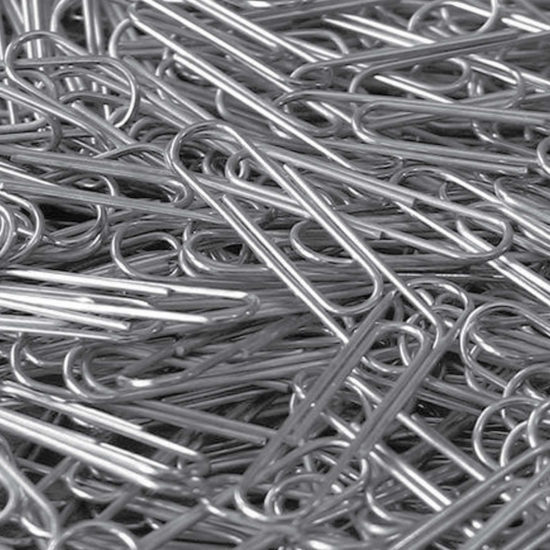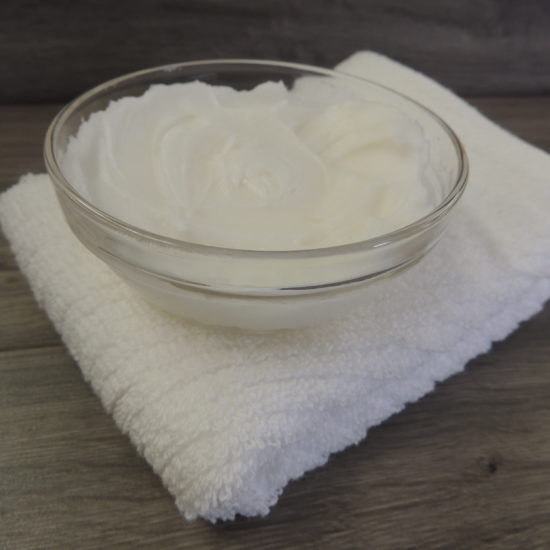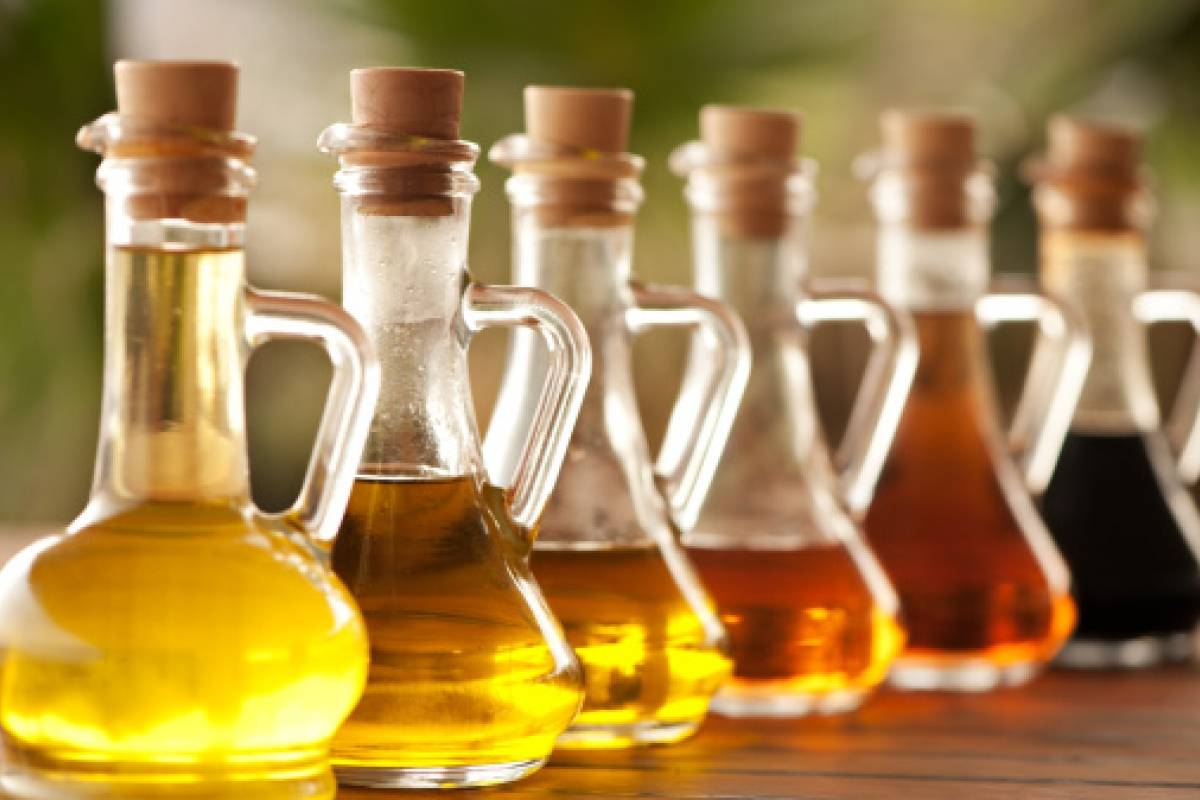
Weeds aren’t just a nuisance if you’re trying to keep your yard tidy and attractive. They can reduce the yield of your crops and even encourage the spread of disease and parasites.
The trouble is, unless you’re talking a very small yard pulling up weeds by hand is just too labor intensive. To control them you need herbicides. Unfortunately many herbicides can be bad for the environment, including other plants and livestock – and anyway, what do you do if a crisis has already hit and none are available?
This is where a versatile household substance comes in. Vinegar is a great product to use to get rid of your weeds, and it’s as effective as any store-bought product. A herbicide with vinegar kills weeds, and although there are a few exceptions and limitations, vinegar usually does the trick.
Vinegar is a natural product, and the typical acidity is 5%. That is the acidity you want. Do not go over or below this. The number indicates the amount of acetic acid in the vinegar.
Acetic acid, from any source, will kill all weeds by extracting the moisture from the plant. Besides 5% vinegar you can also find it at strengths of 10% or 20%, but these may be too aggressive.
Due to the high concentration they are considered strong acids, and they’re only recommended for mature and firm weeds. If using these products you need to be very careful and treat them the same as you would other caustic substance.
Besides vinegar, you can also use salt. It is one of the safest and most natural herbicides you can use. Salt is great because it is super cheap, works quickly, and suppresses regrowth, and overuse will not harm the environment. But it has some flaws: you cannot use it on lawns or for large weeds.
It is best to spray the solution of vinegar and salt over the weed on a hot day. The effect of the sun and heat will increase the effect of the vinegar solution and kill your weeds within 24 hours.
Although this is a powerful combination, some plants are not as susceptible to vinegar. A waxy coating or fuzzy surface may interfere with the vinegar solution effect. This is the part where dish soap comes in.
Just one tablespoon of dish soap per gallon will make the solution “stick” to the plant and allow the vinegar to do its magic. Although the dish soap will not have a major impact on the weed itself, it helps the other ingredients to dehydrate the weed.
Once you have your solution ready, you can use it with a spray bottle for small areas or a pressure sprayer for wide areas.
NOTE:
When it comes to safety you can wear gloves and glasses, but this is a natural product (except for the dish soap), and there is no need to use safety gear. Of course, if your skin is sensitive you should protect yourself.
Preparation time: 10 minutes
Makes: 1 gallon
Ingredients:
- 1 gallon distilled white vinegar (5% acidity is enough)
- 1 cup table salt
- 1 tablespoon liquid dishwashing soap
- Standard garden sprayer (available in any garden store)
How to Make the Herbicide
- Pour the vinegar into the container.
- Add salt and stir until the salt is dissolved.
- Once the salt dissolves, add the liquid dishwashing soap. The dishwashing soap allows the other two ingredients to stick to the weed and kill it.
- Spray the mixture over the weed just like any store-bought product.
- Allow it to stand for a few days. The weed will start to dry out within 24 hours. After a few days, it will be completely dead.
The vinegar and salt both work against the weed by dehydrating it. The dish soap will help these two stick to the plant, making them more effective. The solution also prevents any future growth from occurring.
NOTE: This solution may destroy other delicate plants, so you cannot spray all over the lawn as your grass will be destroyed as well. The best application is for sidewalks, driveways, and other areas without any flowers or lawn.
Knowledge is a man’s best friend. That’s just a small sample of what natural remedies can do! There are many other herbs and many other uses!
Want to read more about powerful plants that you can use as natural remedies?
Check out the examples in this short FREE guide. This is herbal medicine in a nutshell.
If you understand how useful this knowledge is and will be in the near future, you will definitely feel way more prepared next time a man-made or a natural disaster disrupts our lives, no matter for how long.


